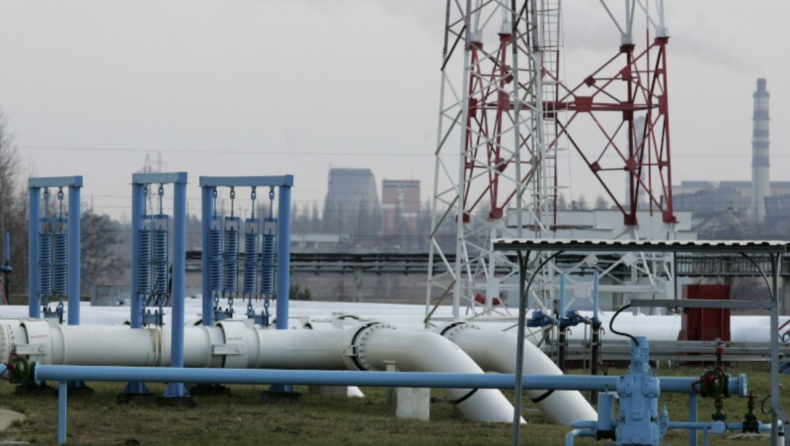EU eases sanctions on Russian oil export so that Rosneft and Gazprom, which are owned by the Russian government, can ship oil to third countries.
According to a statement released by the EU Council on Thursday, the EU will make it possible for Russian state-owned firms to engage in the necessary transactions to sell oil to EU nations.
According to the statement, “the EU decided to extend the exemption from the prohibition to engage in transactions with certain state-owned companies regarding transactions for agricultural products and the transport of oil to third countries to avoid any potential negative consequences for food and energy security around the world.”
As a result of this provision, the Russian state-owned companies Rosneft and Gazprom will be able to ship oil to third countries. This adjustment to the sanctions imposed by the European Union was agreed upon by its member states this week to reduce the threats to the energy security of the entire world.
Large trading firms such as Vitol, Glencore, and Trafigura, together with oil giants such as Shell and Total, have ceased selling Russian oil to third parties, citing EU sanctions as the reason for their decision. These sanctions included constraints on insurance coverage.
The revision of sanctions against Russia that went into effect on Friday makes it possible for EU countries to make purchases of seaborne Russian crude oil and authorizes the selling of that crude oil to other nations. On the other hand, according to the revised details of the sanctions, the payments related to these shipments will no longer be restricted.
The European Union (EU) implemented a restriction on transactions between European firms and Russian enterprises in March. Among the companies targeted by the embargo are oil heavyweights Rosneft, Transneft, and Gazprom Neft, as well as Russia’s biggest shipping company, Sovcomflot.
Initially, exclusions were made for some types of transactions, including those involving the import or transportation of natural gas, oil, petroleum products, and several different metals.
However, as part of the sixth sanctions package that was introduced a month ago, the European Union (EU) imposed a partial embargo on Russian oil. This embargo included a ban on sea shipments of oil to the EU as well as a prohibition on European companies insuring and reinsuring sea shipments of Russian oil and oil products to countries outside of the EU.
The modification of sanctions on Russia that took effect on Friday allows EU firms to make purchases of seaborne Russian crude oil and permits its sale to other countries. However, under the new version of the sanctions, payments associated with such shipments would not be prohibited.
As a direct consequence of this Ukraine-Russia war, significant energy companies such as Vitol, Glencore, Trafigura, Shell, and Total ceased selling Russian oil for the benefit of other nations.
However, now that the situation has improved, they will be free to continue doing business with Russia. The new provision’s specific legal ramifications will be laid out in full and published in the Official Journal of the EU.
Trading house sources have said that EU restrictions would have resulted in China and India purchasing oil via smaller private merchants, and the Russian oil traffic would have migrated into grey areas with inadequate insurance against accidents and been handled by older ships.













